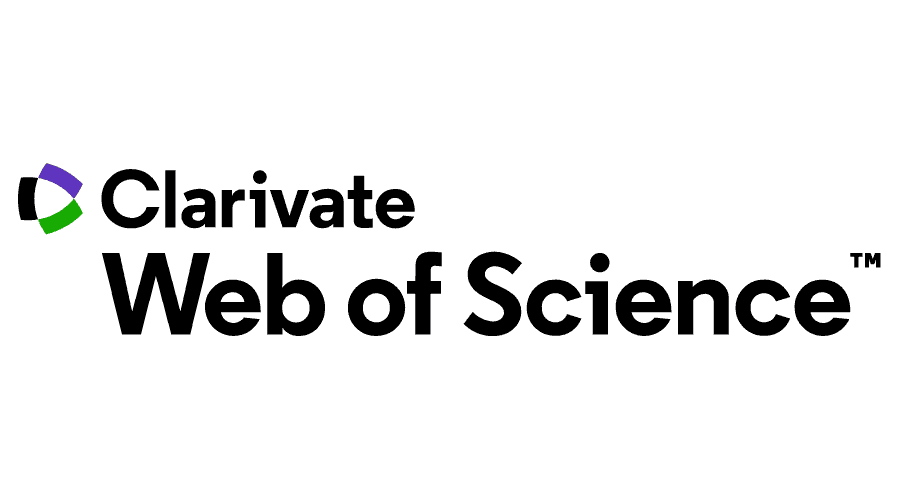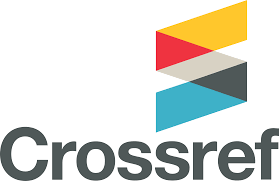Abstract
This paper proposes a triple model of typology of conflict management style, which incorporates three factors: (1) interaction concerns (cooperation versus competitiveness), (2) individualistic versus collectivistic cultures, and (3) environmental uncertainty (stable versus dynamic). The objectives are achieved by reviewing literature on the typology of conflict management style from the working of Blake and Mouton's (1964) model to Freeman and Browne's (2004) model. The findings highlight the triple model of typology of the conflict management style. It is based on an internal factor (interaction concerns between actors, cooperation versus competitiveness) and two external factors, such as cultural dimension (individualism-collectivism) and environmental uncertainty (stable versus dynamic). Hence, eight conflict management styles are proposed: (1) reactive, (2) passive, (3) active, (4) proactive, (5) adaptive, (6) repressive, (7) preemptive, and (8) supportive. There is no single conflict management style for every conflict situation. It depends on these three factors. A review of literature has revealed that although more attention has been paid to the topic of the typology of conflict management style, insufficient attention has been paid to external factors of conflict in the development of the typology.
Recommended Citation
Cheng, Julian Ming-Sung and Sutikno, Bayu
(2009)
"The Typology of Conflict Management Style,"
The South East Asian Journal of Management: Vol. 3:
No.
1, Article 1.
DOI: 10.21002/seam.v3i1.5612
Available at:
https://scholarhub.ui.ac.id/seam/vol3/iss1/1
Included in
Management Information Systems Commons, Management Sciences and Quantitative Methods Commons












